Officer-Involved Shooting And What Happens After- Michael Sugrue
Michael Sugrue began his law enforcement career in the United States Air Force as a Security Forces Officer in 1998. As a Security Forces Officer, Michael specialized in Law Enforcement, Global Force Protection, Anti-Terrorism, Nuclear Security, Foreign Air Field Assessments and Air Base Ground Defense.
Michael served in a variety of assignments including: Flight Leader, Flight Commander, Senior Watch Officer, Chief of Command Post and Chief of Security Forces.
Michael served all over the United States, Europe, the Middle East and South America. He was also a Security Forces Phoenix Raven with the unique identifier of #1173. Michael honorably separated from the Air Force as a Captain in 2004.
Immediately after the Air Force, Michael was hired by the Walnut Creek Police Department where he served in a variety of assignments including: Patrol Officer, Driver Training Instructor (EVOC) Field Training Officer (FTO), SIU Detective, Undercover CA DOJ Narcotic Task Force Agent (Contra Costa County), Public Information Officer (PIO) and Patrol Sergeant.
Michael was awarded the Walnut Creek PD Distinguished Service Medal in 2014 for his heroic and life saving actions during a Fatal Officer Involved Shooting in 2012.
Michael ultimately medically retired in 2018. He is now a Peer Volunteer at the West Coast Post Trauma Retreat (WCPR) and an Ambassador for Save A Warrior (SAW).
Michael is a dedicated advocate for awareness, prevention, education, training on Post Traumatic Stress Injury (PTSI) and First Responder Suicide Prevention. Michael continues to speak at law enforcement agencies all over the United States.
In his BEST SELLING book, RELENTLESS COURAGE: Winning the Battle Against Frontline Trauma, along with Dr. Shauna Springer, PhD, they tackle the complexity of trauma within the law enforcement community, uncovering the unspoken barriers, and outline a path to healing.
RELENTLESS COURAGE released in Spring 2022 and has been described by Lt. Col. David Grossman, best-selling author of On Killing and On Combat as “one of the most important books of our time” and “the natural successor to On Combat.”
⬇️ MY NEW BOOK IS AVAILABLE HERE ⬇️
amzn.to/3vDZvSw
As a First Responder, you are critical in keeping our communities safe. However, the stress and trauma of the job can take a toll on your mental health and family life.
If you're interested in personal coaching, contact Jerry Lund at 435-476-6382. Let's work together to get you where you want to be to ensure a happy and healthy career.
Podcast Website www.enduringthebadgepodcast.com/
Podcast Instagram www.instagram.com/enduringthebadgepodcast/
Podcast Facebook www.facebook.com/EnduringTheBadgePodcast/
Podcast Calendar https://calendly.com/enduringthebadge/enduring-the-badge-podcast
Personal Coaching https://calendly.com/enduringthebadge/15min
Host Instagram www.instagram.com/jerryfireandfuel/
Host Facebook www.facebook.com/jerrydeanlund
Hi everyone. And welcome to this week's episode of a during the badge podcast, I'm host Jerry Dean one, and I don't want you to miss an upcoming episode. So please hit that subscribe button. And while your phone's out, please do me a favor and give us a review on iTunes, our apple podcast. It says, Hey, this podcast has a great message and we should send it out to more people.
So please take that 30 seconds to a minute to do that review. And just maybe by doing that, it'll push this up into someone's podcast feed that really needs this message. Hey, everyone. I wanted to take a minute and introduce you to fire and fuel coaching. It's a coaching program to help you get unstuck from where you're at and know that you're not the only one that's feeling the way you're feeling, and I'm gonna help you with the areas like health burnout, work, life balance, and your relationships, and how to manage that the best way possible for you.
To get the best out of your life and reach your truest potential. And we're gonna do that by helping you discover your inner wisdom and your inner motivation to make these changes and make them last. Please check me out on Instagram at Jerry fire and fuel, and you can also check the program out at end during the badge podcasts under the coaching section.
So if you wanna make change. Please reach out to me and we'll make it happen. Now let's jump into this episode with my very special guest. Michael Sugrue.

How you doing, Michael? Good. How are you doing good background in the military law enforcement. An author. So yeah, just kind of touch on that. I'll try to keep it short.
But, um, my professional career started right after college. I went into the air force, um, in security forces, which is basically military police, um, anti-terrorism force protection, air base, ground defense. I did that for about six and a half years. Active duty. I was stationed all over the world. Uh, lived in Europe, was in the middle east, south America.
I actually separated as a captain in 2004. And I went immediately into civilian law enforcement. I was hired, uh, by the Walnut Creek police department, which is located in the San Francisco bay area. It's probably about 15, 20 minutes outside San Francisco. And, you know, went through the normal stuff.
Started FTO got through that was a solo officer. And then I got promoted pretty quick, about a year and a half on. I was a field training officer. Couple years after that I was a detective and eventually was assigned undercover. On a California state drug task force did that for a couple years, was promoted to Sergeant, uh, was running teams on the street and got into a.
Pretty gnarly, critical incident as a brand new patrol Sergeant. And that incident really just changed my path. Um, changed my mission in life. Um, my original plan was to work, you know, 30 years in law enforcement hopefully become a chief of police somewhere. And this incident really changed all that. And so I medically retired in 2018 and about a year after that, Is when I got on the path that I'm on today and that's where I got into public speaking.
Um, I started doing podcast interviews and then speaking across the country to military law enforcement agencies. And then eventually, uh, co-authored a book with Dr. Shauna Springer, which was just released almost I think, eight weeks ago. Awesome. And, uh, yeah, so a lot of things trying to keep it fairly short.

Um, but I've been a busy guy that's for sure. Yeah. Yeah. I'm, I'm sure you, like you said, in the air force and stuff like that, presented its own challenge and I'm sure traveling all over the world, another whole host of challenges, but let's kind of, let's talk about that pivotal incident that happened in your, in your life.
You know, fortunately, I can actually talk about it now. Um, if you would've asked me to talk about this a few years back, I, I wouldn't be able to get through it. And so, and I'll try to keep it brief, but basically, um, the shift started right after Christmas, I was working graveyard shift. It was my literal second solo week as a patrol Sergeant minimum staffing.
It was our Friday. We were a few hours from going off duty and then I was gonna be off for several days and literally, you know, complete silence for hours and hours. And then eventually a nine one, one call came in and there was a woman and her boyfriend barricaded inside a condominium. And there was a subject with a butcher knife that was trying to kill them.
And so we all responded my entire team. I was the only supervisor on I arrived on scene first. Uh, thankfully another officer showed. Right behind me, we started running towards the screams. Eventually had to go into this condominium. There was a huge window that had been shattered inside. And eventually we were confronted by a male subject with a butcher knife, and he was literally between us and the couple that we were trying to save.
And we were giving him commands to drop the knife, trying to gain compliance, and suddenly he raised the knife up and. Add us basically from the top of the stairwell down. And you know, there's not a nice way to say it, but we had to take his life not only to save our own lives, but to save the lives of the couple that was barricaded upstairs.
Right. And so that incident literally just. It changed me. I mean, instantly there was things that I noticed right away, and there was things that happened over time. But when I look back and pinpoint it, it was that one incident that just really pushed me over the edge. And, you know, I had been exposed to numerous traumatic incidents before that.
I had been, you know, like I said, undercover, doing high risk entries, um, all kinds of things. I mean, in, in the jungles, in the military, I was in the middle east, but for whatever reason, this incident itself was kind of like the, the straw that broke the camel's back in my case. Yeah, it was it just that accumulation of all the years in the service.
And then, yeah, I would imagine probably living at that high state, um, continually, and then actually, I mean, you trained for this and hoping in your career, you never have to do something like this. What was something that you noticed just right off the bat that had changed about you? One of the most, uh, immediate things that I noticed was so after that shooting, Um, as most shootings, we had to wait several hours.
Eventually we were interviewed by the district attorneys and our own internal investigators. And I'd been up for over 24 hours. Eventually was driven back to my house. And I was married at the time. I had a young daughter who was only about two and a half years old. And I remember when I arrived at my house and they were at the front door to greet me and you know, all they wanted to do was hug me.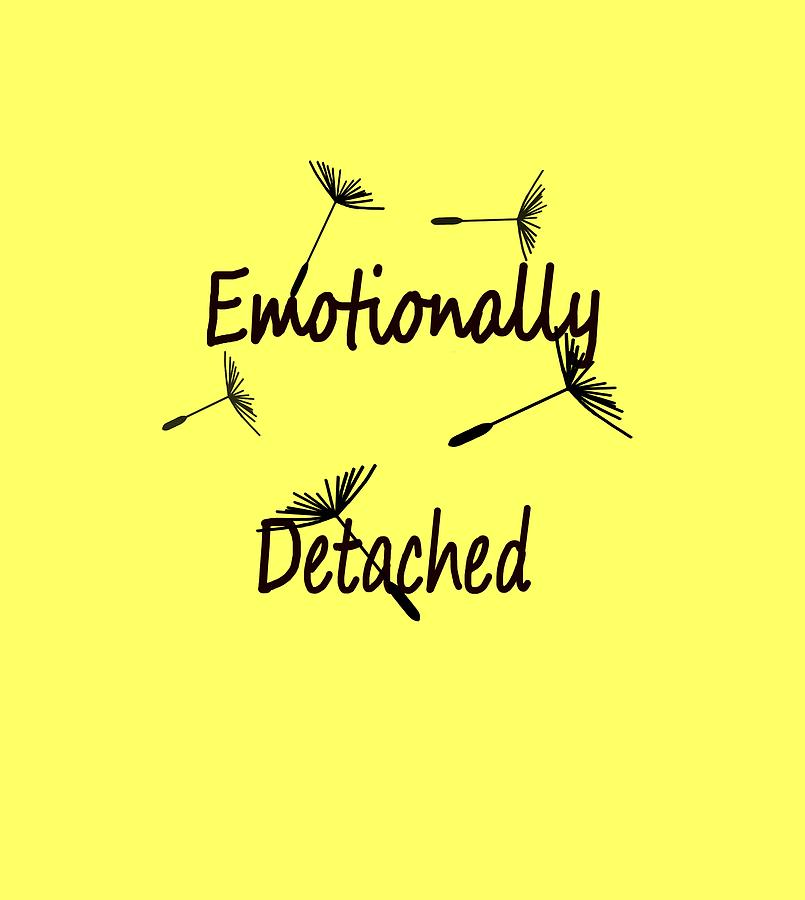
But at that immediate moment, I felt detached. I felt numb. I just, I wasn't feeling anything and I literally wanted to push past them, go up to my room. I had blackout shade cause I worked the graveyard shift and literally just wanted to go to sleep and hope that this was, you know, some nightmare that really didn't happen that maybe, you know, I was just in the middle of this nightmare dream and I was gonna wake up and everything was gonna be fine.
And as you can imagine, it wasn't fine. And when I did wake up things gradually got worse and worse. Yeah. What, uh, was it just worse from just your internal things that were, you were feeling or just worse as in, just as things were unfolding? Um, I would say maybe a combination of both. So in our case, we are sued.
Almost immediately after the shooting. And eventually I actually was a defendant in federal court, in San Francisco. So this lawsuit drug on for almost four years, which included depositions and some court proceedings. And so there was that aspect of it. And then, you know, there was the aspect of, you know, going through the da investigation and then the IA investigation and being scrutinized and, and literally.
Feeling like a suspect because you are a suspect. I mean, you're a suspect in a homicide, a life was taken. And so, you know, a full investigation has to be done. And, and I knew that we did the right thing and I knew we didn't have any other choice, but. As we learn more details about this incident and about the suspect, um, that that created issues.
Because up until this moment, when this incident happened, this young man was a good young man. I mean, he literally had no police contacts. He had no history of criminal offenses. He had no history of mental issues. He was well liked by his friends, his family at work. He was a productive citizen. And so. To this day, we don't know why he did what he did and he forced our hand.
And so, you know, you have to imagine that. Had this been some, you know, prolific killer or gang banger, serial rapist. I'm not saying that it wouldn't have an effect, but I think not knowing why this happened and knowing that up until that moment, he was a good person. He was a good young man and that something happened, whether that was a psychotic break or drug induced psychosis, you know, we don't know.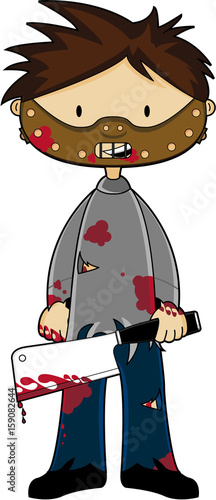
And so that's what I have to live with. I have to live with the fact. I took a human life and nothing's gonna change that. I mean, whether it was justified or not, which I know it was, and I know I didn't have any other choice, you know, and like you said, we talk about it, we train for it. And the reality is usually never happens.
I mean, most officers are never involved in a shooting. And so, you know, there is that aspect of it, but then. There was the internal struggling because I was having constant nightmares. I couldn't get this face out of, out of my nightmares and literally. Up until this moment. I, I felt invincible. I mean, I literally felt like a superhero where nothing could touch me.
Nothing would ever happen. And even being in a lot of dangerous situations before, for whatever reason. And I think part of it too, is that my daughter was so young at the time when this happened, that I realized my life could be taken in an instant. And yeah, we know that when we sign up for this job and sure we talk about it, but the reality.
Of really in your face. I mean, feet away from you almost dying that just turned a switch on where at that moment, I, I had a constant fear of dying after that and, and just that, that effect of it. And then if you add on, you know, the struggling, like I said, the nightmares and then I'm distancing myself. I have no one I can talk to or trust.

I start drinking more and literally it was a snowball effect to where. Then eventually my marriage starts falling apart. I start having health problems and just, I mean, the perfect storm, all these horrific things start happening in my. Yeah. Yeah. I, I can't imagine the mental anguish on a, on a daily basis of happening to, to deal with that, especially when the process is taking four years to go through, um, and, and, and being sued.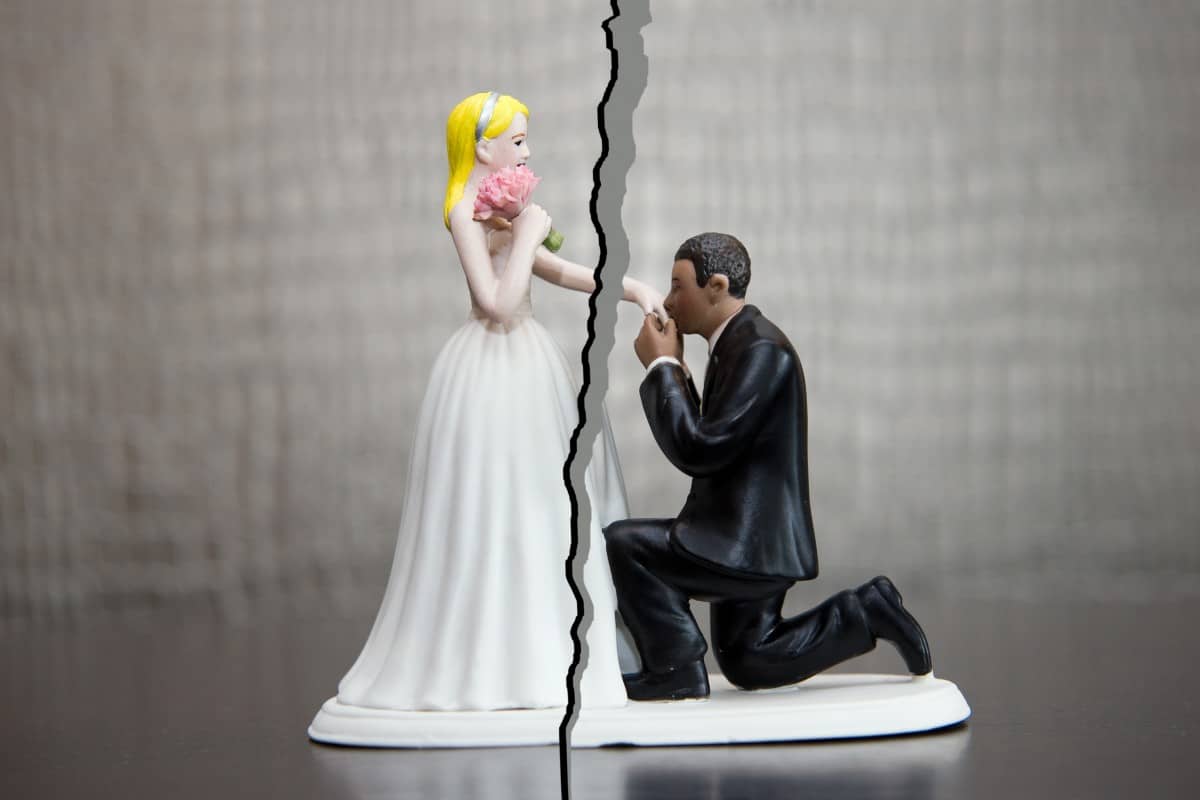
Right. Kind of puts your life on hold as well. It just absolutely. And we can't, that's the thing is like, I wanted to forget this incident. Yeah. But when you're being sued, You have to remember every finite detail because as it happened, in my case, I was in a courtroom with a full jury and I had to recount what happened four years earlier, you know, in specific clear details.
And I couldn't forget anything as much as I wanted to. Yeah. Yeah. That doesn't let your brain process anything with constantly living through that, that trauma. And I would imagine, yeah, that there's several, it's just a trial doesn't place take place four years later, it's just like the constant de depositions and the constant inquiries.
And it's just never going away wherever you, you turn from. And I, I, I, I can't imagine how. Impactful that is obviously it's very impactful and, you know, causing, you know, you to spiral in your health and your relationships and yeah. Your, your family, you know, your daughter that would just be. All the way around.
There's just no, no. Getting away from it. Yeah. And if you, and if you think about this too, so my shooting happened the end of 2012, but my trial actually went in September of 2016. And during that time there was a bunch of controversial shootings across the country. And it was really the start of the BLM movement or the anti law enforcement movement.
And so, you know, imagine. Literally being on trial for my life in San Francisco, which is really probably one of the worst places to be a cop on trial. Yeah. And then to have, you know, at this time, just all these controversial, in some cases, some bad shootings that were all over the media that were all over the news and people were being constantly exposed to them.
So just that pressure of that. Yeah. You know, it, it was unimaginable. Yeah. And knowing in your heart that you did the right thing, but I, you still have that feeling that yeah. You could be sentenced to prison absolutely. Or lose everything that I have, you know? Yeah, yeah, yeah. And which is, is devastating.
Um, the, all in belief, when someone goes through these types of shootings and stuff, how did you get through this? You know, it actually took another really tragic horrific event, um, for me to actually get the strength and courage to ask for help. And so, um, my trial ended at the, I think the end of, of September, 2016.
And at that point, my life really started spiraling downward because I had told myself that when the trial was over, um, I was blaming everything on the trial that okay. Once this is over, as long as we prevail, which we did, we won the trial. That my life's gonna get better. Everything's gonna get better.
And what happened was the polar opposite of that because during the trial for two weeks, they had brought in all these crazy expert witnesses who were calling us coldblooded murderers. They were saying, we planted evidence. This guy wasn't armed. I mean, they had all these crazy theories. And so I'm sitting there for two weeks, you know, listening to this BS mm-hmm and, and these outlandish.
Theories and thoughts and, and that took the toll. And so I got to the point where I didn't want to be here anymore. I literally started purposely putting myself in dangerous situations, hoping I died in the line of duty. So kind of the opposite of suicide by cop, I was hoping for suicide by bad guy. Yeah.
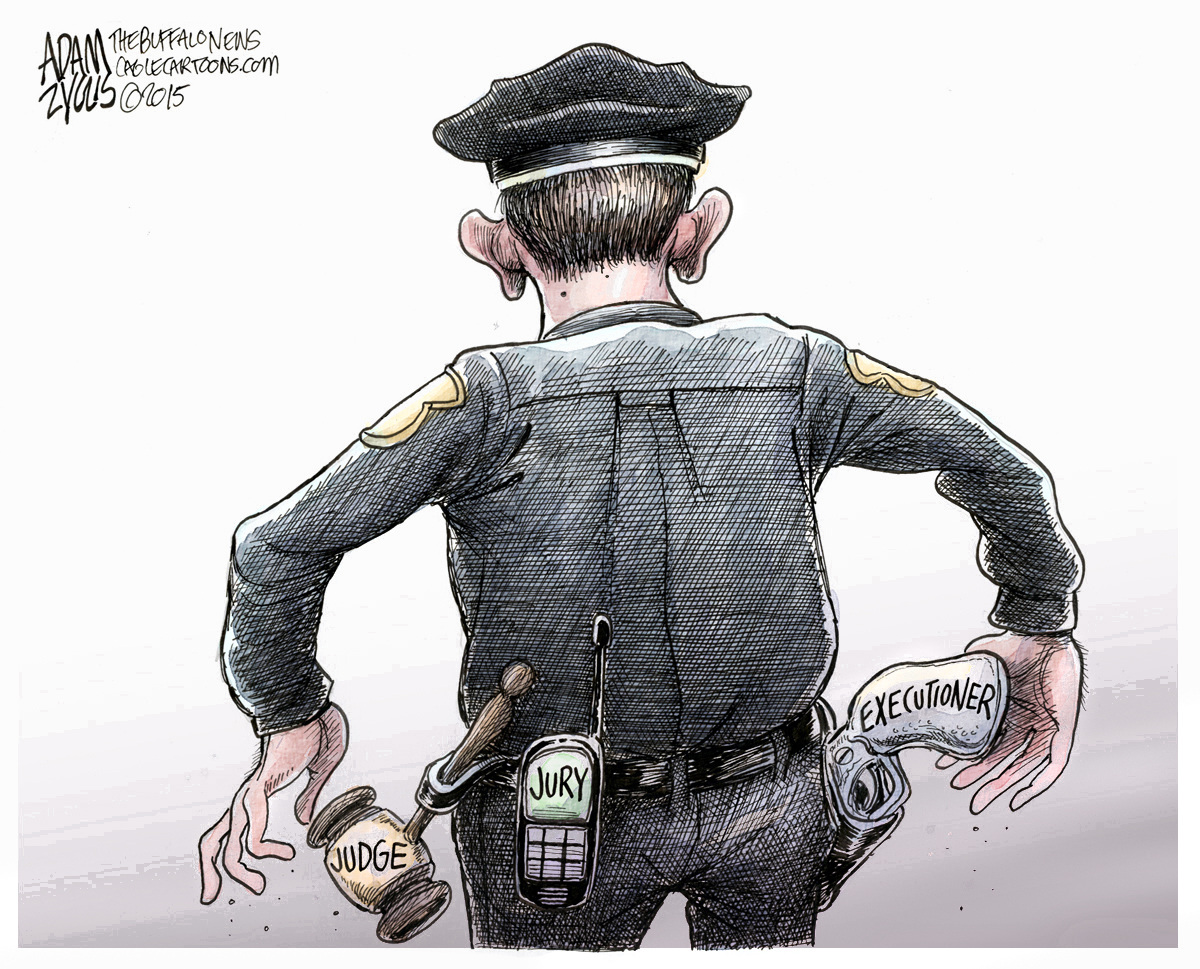
And a couple months after that, a week after Thanksgiving, 2016, my own best friend who was a Vietnam veteran. He was a 35 year reserve officer with my department. We rode together for, for many years. He actually tried to kill himself when I was about to get off duty on day shift. And I just made it to the hospital when they brought him in, he was covered in blood and they rushed him off to emergency surgery.
And I remember waiting hours in the hospital just with this guilt and this shame of why didn't I see the signs. And I started blaming myself for his actions and wondering what could I have done? Differently, you know, to prevent this from happening. And then all I could think about was what is my daughter gonna think when I'm not here?
Is she gonna have these same thoughts? Is she gonna blame herself? And what's gonna be the lasting impact on her life as she grows up. And so a month after that suicide attempt on the anniversary of my shooting. So it was December 27th, 2016. I finally picked up my phone and called my watch commander.
And just said, I can't do this anymore. I, I need help. I need help. And so thank God I did that. And I was so ashamed, embarrassed when I did that. I mean, it took years of work and recovery to get to the point where I now realize that was the most courageous and bravest thing I've ever done was, was literally asking for help.
It was nothing in the military. It was never anything I did on the streets. As a police officer, it was simply acknowledging that I was struggling. And I needed help. I couldn't do it on my own. Yeah. And it's takes a horrific event for you to finally be able to have the opportunity to look at yourself.
And I would imagine that yeah, being consumed by what's going on in your life, it would be difficult to see what's going on in other people's lives. Absolutely. And you, you put that in the fact too. I was a supervisor and you know, I'm running patrol teams and I got to the point where. I purposely put up a wall and I wasn't showing empathy.
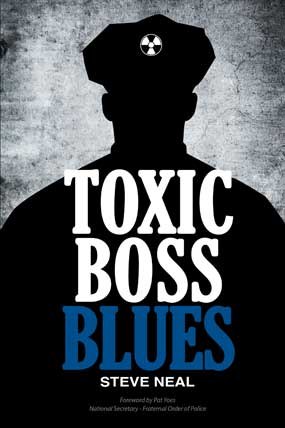
I wasn't showing emotion. And there was a period where I was not a good supervisor. You know, if people came to me with their issues and their problems, I just was like, so what, like that doesn't seem like a problem me, like let's press on, let's get the mission done. And it was all a facade because I didn't want anyone to realize that I was struggling inside.
And I knew that if I showed compassion or empathy or was vulnerable myself, I thought it would've been weakness and shameful, which it's not right. But that's, that was my mindset at the time. Yeah. Did anybody ask if you were okay, so that, that's the ironic thing, so. Um, to kind of go backwards and then I'll go forward.
Sure. About six months after my shooting, we had one of our first court proceedings. It was called a coroner's inquest. Um, there was a jury, a judge. It was open to the public. Um, the family of the man I killed was there is identical twin brother. My wife at the time, a lot of people from my agency were there.
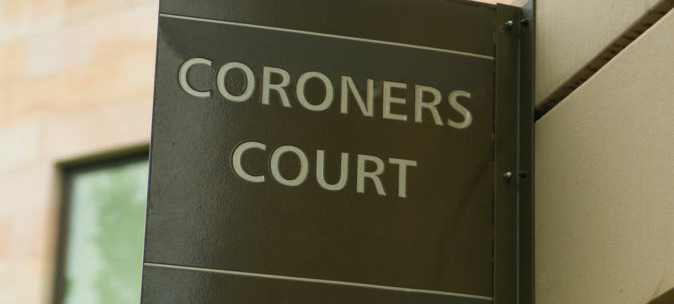
And I ended up breaking down on the stand. When I was testifying, literally started crying, bawling, which I'd never done. I mean, I'd testified in court hundreds of times before this. And I was so ashamed, so embarrassed. I excused myself from the courtroom when I'm done, you know, splash water in my face, get myself together, come back.
My other officers testify. They do phenomenal. We get through the proceeding about two weeks later. Um, we get the finding that we want for this particular proceeding. It couldn't have gone better. And then I get called into a supervisor's office and I was thinking, this is gonna be good. I'm a brand new Sergeant.
Uh, you know, I'm still on probation, but, um, we got involved in a shooting. We save lives and literally there hadn't been a shooting the entire time I'd been at my agency up to this point. I think the one before mine was like 12 or 14 years earlier. And so it just didn't happen in my city and everything happened the way it should have happened.
And so I go in there. There's three administrators and I can see right away that they have a very serious look on their face and this is not gonna be good. So I closed the door and I'm just sitting there hands to my knees, straight up, you know, the old military, me and I don't talk back or question authority.
And the pivotal thing that happened was they actually questioned the genuine of my emotions. They both said directly and inferred that I was acting or putting on a show and I was just. I was in shock and, and that's where I should have asked for help. That's where I should have stood up for myself and explained how much my life was falling apart and how much I was suffering.
But that moment is where I constantly made the decision that I would never show emotion. Again. I would never show weakness. I would never show empathy and I would prove them all wrong and get through my probation. And so I did that. But the other thing was, I remember a specific supervisor. He told me specifically, he said, Hey, look, if the chief or the captains ever come down and they ask you how you're doing, how's your day going?
Just tell 'em what's going. Good. Just look at, 'em tell 'em what's going good. It's going great. And, and press on. They don't, they don't want to hear your issues. They don't want to hear your problems. You know, don't, don't just dump everything on them when they ask you that question, just say, everything's good.
Everything's fine. And. That's what we do as first responders. Yeah. Yeah. You know, we ask that question, but we don't want to know the true answer. Right. Cuz then often people like don't know what to do with it. I'm just like mind blowing that they would ask you if those, you know, are insinuate, that those are not your true emotions.
I mean, you've basically. Put through hell. And at some point that's gonna come out, right? You can't suppress all that emotion forever. Absolutely. You know, and that's the thing is that, and I'd never showed emotion. I mean, I'm the prior air force security forces captain, you know, I, I mean, they knew me as always being stoic and, and, you know, hard charger and type a.
That's how I was. That was my personality. Is that nothing phased me, nothing bothered me. I mean, I was more proactive than anybody else out there stopping people every single day, all day, all night. And you know, so I don't know if part of it was, they were just in shock themselves and they couldn't process or just like, they didn't wanna admit the fact that I actually could have had true emotions because if they did that, then maybe it's gonna make them vulnerable.
You know, I honestly don't know. I can't speak for them. , but I can tell you that for me being as ashamed and embarrassed as I already was, that that happened because I was hoping, you know, it would just go away. Nobody would bring it up. And now not only is it being brought up, but my very integrity, my everything is being called into question.
You cannot imagine what that feels like. Yeah. Yeah. I, I don't know how you just didn't like, um, quit. And just be like, screw it. I'm done. I'm gone. Like, I can't do this anymore. That, that was the thing though. I wasn't, I was not gonna let them do that to me. Yeah. I was not gonna let them prove me wrong. And you know, you have to remember, we didn't talk about this in my bio, but my stepfather was a police Lieutenant here in the bay area.
My uncle was in law enforcement. My step uncle was in law enforcement. I was a police volunteer at eight years old. I was a police Explorer as a teenager, like. This wasn't a job for me. This was my calling. This is what I wanted to do since I was a kid and I had set my entire life up to do this, and I was very good at it.
And even after this incident happened, I was still very good at it, you know, but again, we don't talk about. The personal effects of the job. We don't talk about the fact that we're gonna be exposed to hundreds of traumatic incidents day in and day out. We don't acknowledge that, Hey, we're human and this stuff that we've seen experience, nobody should have to see this, but we have to, because of the nature of our profession.
And as much as we wanna pretend that we're detached, nothing bothers us. We don't internalize it. That's not true. The, the question is, is, you know, how long are you gonna internalize it until it it's too late? And then it boils over, right? And something big happens. You know, that that's the reality of this.
But what we need to do is change the stigma, change the culture. And from the very beginning in the academy, normalize, talking about the real effects of this job. Yeah. And like you said, it's the repetitiveness too. It's just like you on, in a shift, you can see, go from terrible call to terrible call, to terrible call and then go to bed and get up and do it over and over.

And I, I don't, I know our minds are not capable, really capable of doing that and just shoving that stuff down and without looking for a place to deal with it and yeah, and it it's gonna come out and it could come out. As, uh, suicidal thoughts or things like that, or worse of, you know, maybe boiling over and taking other people's lives and it all affects everybody else.
You know, the thing is our culture as first responders, the accepted coping mechanisms that we use all, all too often is alcohol. You know, drugs, whether that's prescriptions or maybe even illicit gambling, porn, addictions, extra Marial fairs, you know, the things to, to chase this constant adrenaline dump.
Like those things are okay. If you talk about those in the locker room, or you talking about with your buddy on the street, you're getting attaboys or they're like, yeah, man, you really tore it up last night. Or man, I saw you with that Hotty the other day. And you know, instead of saying, well, what about your wife?
What, what about your family? The people that truly care about you at home. You know, we don't question those things. We don't go deep. And if we truly care about our people and this truly is a family, then we need to act like that and we need to know our people. And we also need to call our people out and put it and say, What you're doing is not okay.
Like what's going on. Let's, let's talk about this, you know, but how do you have that conversation? And the key is you have to be vulnerable yourself. Right? Right. You know, whether, whether you're a leader or not, I mean, I'm not gonna open up to somebody who's not vulnerable with me. I'm not gonna share something with somebody who's never shared something with me.
So it is a two way street. Yeah. Yeah. It takes courage. It takes courage to ask and really want to know. And then. You're gonna have to figure out a way to, to help that person. And that's what family does, right. Is to help our family. And you're right. The culture is kind of wants to know, but they really don't really want to know because they, they don't, I feel like a lot of 'em don't know what to do.
How to help you. And sometimes it's just like, uh, and if they do, maybe it's just like, oh, EAP, that that'll do it, you know? Yeah. And, and yeah, as most first responders. Yeah. The same thing. Right. They, they don't wanna go there. That's the, like the last place they really want to look for legitimate help.
Exactly. And the thing is with EAP. You know, usually you're getting some random therapist, some MFT, some social worker who does not know anything about being a first responder. And the reality is you have to have a culturally competent therapist, one who truly understands us one who truly gets us. And there has to be absolute trust with no ramifications.
that could affect your career and that, and that's the key and we need to build these relationships early on. Yeah. Before the really big incident happens because when the really big incident happens, if you don't already have an established trust or awareness level with these, you know, Trusted clinicians, these culturally competent therapists, then you're not gonna open up to 'em.
You're not gonna go to them when you need them. And so we need to establish those relationships again, same thing, right in the beginning of our careers. Yeah. And if you do open it up to 'em, it's gonna be superficial and it's not gonna be the deep, true work that needs to happen. And I. I wish we would get to the point and hopefully we will get to the point of establishing these relationships way sooner.
But I think it's it's the one thing is first responders are very proactive, but this seems very reactive and very few cases that's, you know, something's being done proactive or enough is being done pro. Exactly. And the ironic thing is that our jobs, as first responders, we're out there every day, you know, handling everybody else's problems, giving them advice.
We have the solution ourselves. We have the knowledge, but we don't use any of that knowledge or advice on ourselves. We give it to everybody else day in and day out, but we don't take it ourselves. Yeah. Why do you think that is. I, I think there's a lot of reasons for that, but I think, you know, first and foremost is that we don't, we wanna pretend that we're invincible, that nothing bothers us, that nothing phases us.

You know, we put that uniform and best on and we're untouchable. And I think part of us think that we're actually protecting ourselves and we're protecting our families by not acknowledging this stuff by not talking about it. And I had that belief, you know, from day one when I was in the academy, My girlfriend who later became my wife.
Who's now my ex-wife. I made a conscious decision that I would never bring the job home. I would never talk about it. And that way I'd be protecting her, because that way she's not gonna be scared. She's not gonna be, you know, but instead I came home pissed off in a bad mood and she thought it was her.
And it wasn't, it was my bad day, but I didn't have that communication established where I could say, look, you know, I'm sorry. I went to a really bad crash today. It's not you, I just need like a half hour to decompress and then we can, we can reengage and I can kind of tell you what happened. I'm not gonna go into the gritty details, but if you have that kind of normal communication at home, that helps as well.
But for me and most of us, not only did I not communicate on the job, I didn't communicate when I went home. So there was literally nobody that I could talk to and, and really share my true feelings about this. Yeah, yeah. That that's, that's a lot to hold in each day. And not only at work, but at home and not doing yourself any, any favors or doing your family any favors, like you were saying by holding that in and not establishing that communication.
I do think, um, as first responders building that routine of, you know, coming home or leaving for work, that there is some kind of communication, some routine, so that your family does. Understand what you're going through, but absolutely. But a lot of 'em we were like, we don't want to hurt them or make them worry why we're gone more than they already do.
Exactly. Instead, we're actually pushing them away. We're further isolating ourself and we're making them assume. What the issue is. And usually they're gonna assume it's them. It's not the job and that's not what we want them to think. You know, we want them to, to know that we trust them and that they, they have our back, our families have our back more than our agencies do more than our departments do.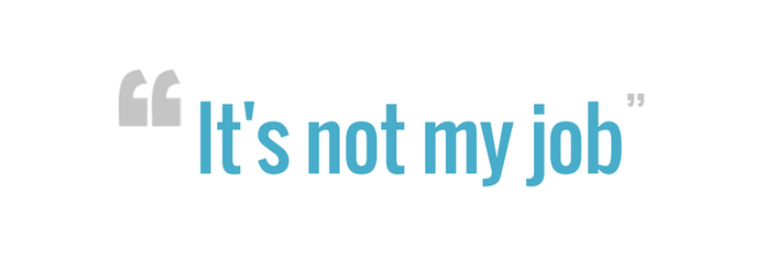
And so we need to acknowledge that and, and strengthen those relationships. And I screwed that up. I mean, that's why I got divorced. I screwed that all up, you know, and you gotta start that from the beginning.

Michael Sugrue
Author, Public Speaker, Retired Police Sergeant
Michael Sugrue began his law enforcement career in the United States Air Force as a Security Forces Officer in 1998. As a Security Forces Officer, Michael specialized in Law Enforcement, Global Force Protection, Anti-Terrorism, Nuclear Security, Foreign Air Field Assessments and Air Base Ground Defense.
Michael served in a variety of assignments including: Flight Leader, Flight Commander, Senior Watch Officer, Chief of Command Post and Chief of Security Forces.
Michael served all over the United States, Europe, the Middle East and South America. He was also a Security Forces Phoenix Raven with the unique identifier of #1173. Michael honorably separated from the Air Force as a Captain in 2004.
Immediately after the Air Force, Michael was hired by the Walnut Creek Police Department where he served in a variety of assignments including: Patrol Officer, Driver Training Instructor (EVOC) Field Training Officer (FTO), SIU Detective, Undercover CA DOJ Narcotic Task Force Agent (Contra Costa County), Public Information Officer (PIO) and Patrol Sergeant.
Michael was awarded the Walnut Creek PD Distinguished Service Medal in 2014 for his heroic and life saving actions during a Fatal Officer Involved Shooting in 2012.
Michael ultimately medically retired in 2018. He is now a Peer Volunteer at the West Coast Post Trauma Retreat (WCPR) and an Ambassador for Save A Warrior (SAW).
Michael is a dedicated advocate for awareness, prevention, education, training on Post Traumatic Stress Injury (PTSI) and First Responder Suicid… Read More









